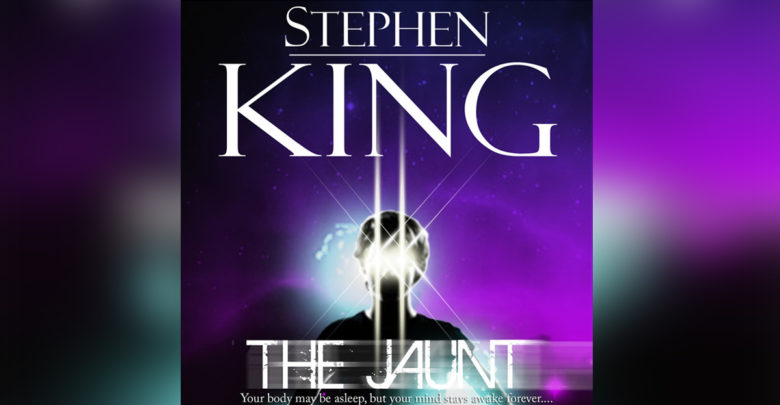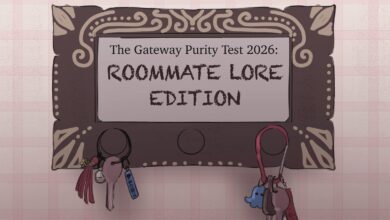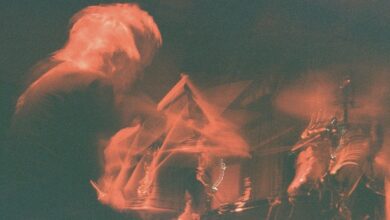Short story review: Stephen King’s “The Jaunt”
The Jaunt questions society's desire for discovery and scientific developments
 Helen Zhang
Helen ZhangHow do you explain the realities of scientific progress to young children? Mark Oates, a father of two, wrangles with this question as he tells his children how teleportation was discovered in Stephen King’s short story, The Jaunt.
The Jaunt takes place hundreds of years in the future, in an alternate version of reality where humans discovered teleportation (or “jaunting”) in the 1980s. Anything, living or dead, can use the Jaunt, but there’s one catch: all conscious beings must be asleep while jaunting. Because he’s telling the story shortly before he and his family take their own Jaunt, Mark doesn’t want to tell his children about what happens to those who stay awake. This unanswered question is the main source of the story’s suspense, as the reader is slowly fed clues and information over the course of the story.
The Jaunt does a great job of blending science fiction and horror. The concept of “jaunting” and how it works is intriguing on its own. But soon, that curiosity so often piqued by science fiction turns to dread. King explores many different avenues that technology like the Jaunt could be used for and the potential uses get darker and darker as the story goes on. The reader becomes morbidly curious about what happens to those who stay awake, building suspense as the story progresses.
The well-developed alternate universe King builds also serves to paint a nuanced picture of the consequences of technological progress. Science fiction tends to depict technological advances in one of two ways: good and useful, or (if you’re in a dystopia) evil and deadly. The Jaunt is much more realistic. Humans use it to supply drinkable water to millions who wouldn’t otherwise have access to it, but it is also used by corrupt governments to get rid of political dissenters. Jaunting isn’t inherently good or evil, just a powerful tool that can be dangerous in the wrong hands.
The Jaunt forces the reader to stop and reconsider the value of discovery for discovery’s sake. Many scientific advancements we take for granted today, like modern gynecology, were developed by causing harm to animals and people. Same goes for the Jaunt. This story asks us whether knowledge and progress should be prized above all else, including the welfare of living beings, and whether there are some things the human mind cannot handle knowing.
The Jaunt was first published in 1981, but its uncomfortable questions remain relevant to this day. Finding a cheap, sustainable, environmentally friendly replacement for oil is at the forefront of the public’s mind and creating a way to teleport anything we want would solve a lot of our problems. But if that technology requires human suffering to develop and has the potential to cause a lot more, we may want to think twice before marching ahead.




